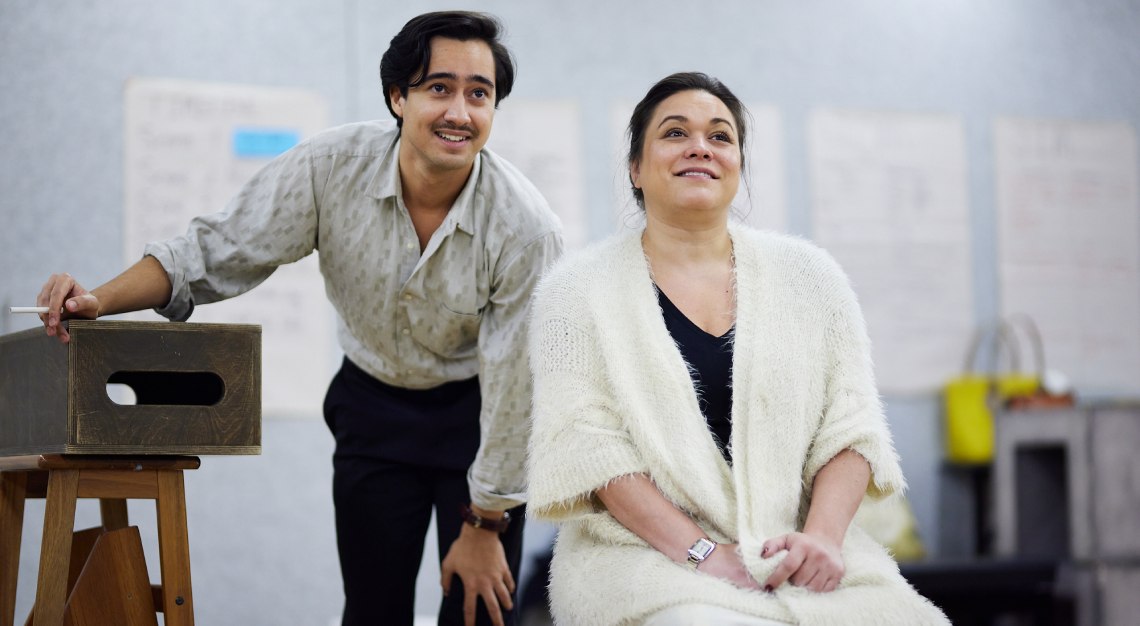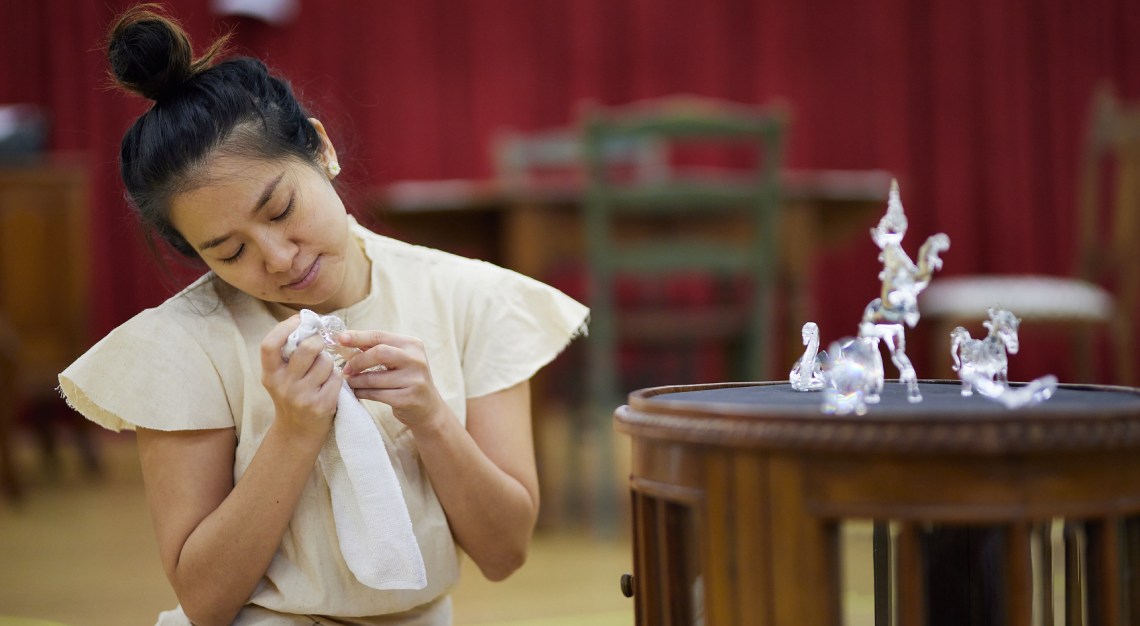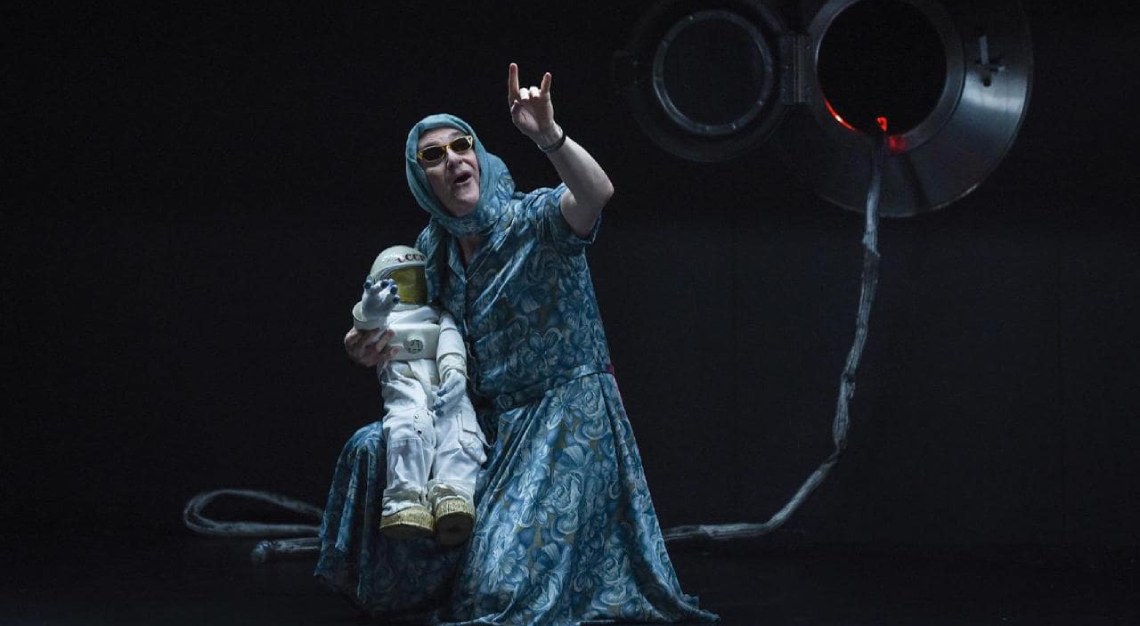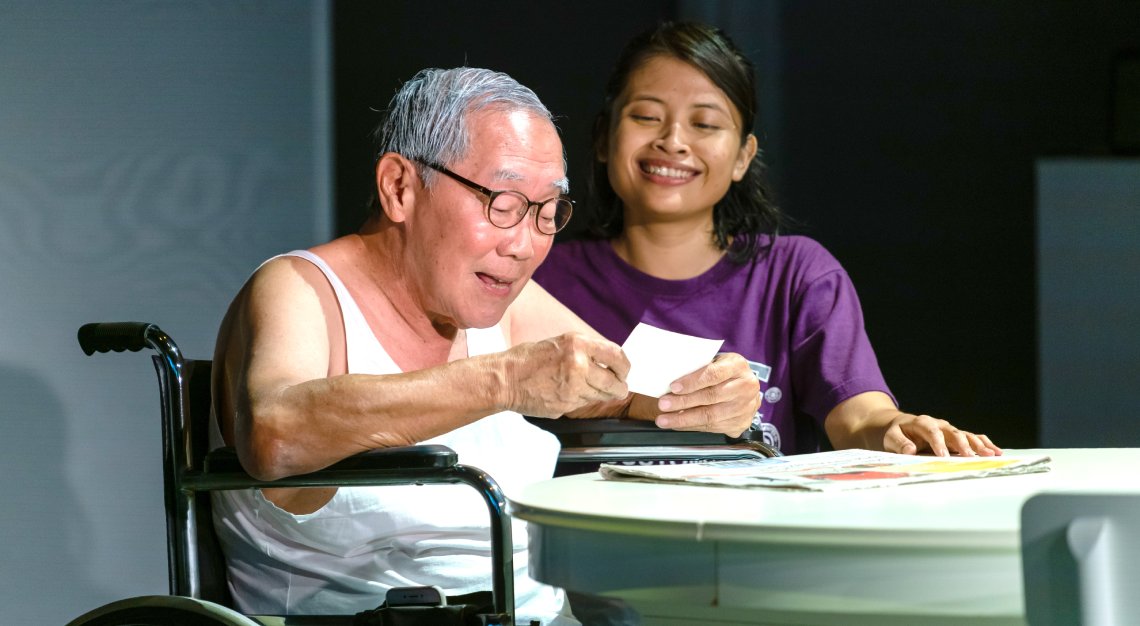We speak with Adrian and Tracie Pang, the husband-and-wife team behind The Glass Menagerie
The present is an exercise in futility. The future is hopeless, but, according to Adrian Pang, “is made a little more bearable by the comforting knowledge that there was once a time when life was better.”
Welcome to one of the central themes in Pangdemonium’s latest production, Tennessee Williams’ The Glass Menagerie. Ostensibly, it sounds neither encouraging nor entertaining in terms of subject matter, but this is one of the theatre company’s superpowers. It never shies from a challenge, and even when dealing with controversial and sensitive topics, manages to illuminate and entertain.
Relatively fresh from the successful iteration of Florian Zeller’s The Mother—a wickedly difficult work to bring to life in so many ways—Pangdemonium has now turned its attentions to an opus written nearly 80 years ago in a land far far away.
Memories make us what and who we are, and we are the sum of our experiences, according to your average hack psychologist. The Glass Menagerie deals with this subject head on, as well as the significance of memory in creating our current reality. Set within a badly drawn dysfunctional family circle in which hopes and expectations are hopelessly unconnected to reminiscences of past glories, the play itself is an articulate examination of the human condition and as relevant today as it was in 1945.

I ask Adrian Pang, who is producing on this occasion (while his wife, Tracie, directs once again), whether ‘family’ plays a role in the decision-making process when it comes to choosing a play to perform. Pangdemonium is, after all, a family-run concern.
“It wasn’t a conscious choice,” he states, “but perhaps subconsciously we had always wanted to tell this story, simply because it is so beautiful, lyrical and exquisitely heart-breaking, packing a sucker punch that we feel everyone can relate to in one way or another.”
The idea of a family being ‘trapped’ and “weighed down by duty, obligation and guilt, while finding escape in memory, yearning and wishing,” continues Pang (Adrian), “is a theme that we feel many people in Singapore will be able to identify with.”
“Family is the cornerstone on which all human relationships are based,” insists Pang (Tracie), “and there are many wonderful plays out there that revolve around family… I think there is often a natural pull towards these works, but at the end of the day the inventiveness, and quality of the storytelling in any play we choose is key.”
The theatre company promises to breathe ‘fresh life’ into a much-loved and oft-performed play, and this can be problematic. Avid theatregoers and even film buffs will have their preferred rendition of the work, and for some, certain interpretations and even performances are sacrosanct and represent the literal ‘impossible act to follow’.

“We’re not attempting to reinvent the wheel here,” says Adrian Pang, “and we are staying faithful to the spirit of Tennessee Williams’ story. What we can do, however, is to give the wheel a little bit of a Pangdemonium spin—pun intended—by organically drawing parallels between this 77-year-old story and the world we live in today, making the family dynamics more resonant to a modern audience, and enhancing the dreamlike quality of the play with our production values.”
Such is the quality of Pangdemonium’s body of the work that Singapore’s theatre brethren should be clamouring for tickets to experience a masterful play being given a modern-day makeover by practitioners who know what they’re doing and possess oodles of creative imagination. It’s a small cast, but is as star studded as any we have seen in Singapore in recent times—even allowing for the pandemic hiatus.
American actor, Catherine Grace Gardner plays the role of what Adrian Pang refers to as the “martyr matriarch”, and she’ll be a familiar face to those who have watched the American soap opera All My Children. An accomplished television performer, Gardner has also trodden the boards on Broadway and promises to be a formidable stage presence in what is not an easy role.
The multi-faceted and supremely talented Inch Chua also features in this production alongside the gifted Jamil Schulze and the always arresting Salif Hardie. It’s almost a ‘dream team’ of fecund talent, but I feel sure that it’s been handled with all due care and attention. I can’t remember looking forward to seeing a production as much as this one in a very long time.






